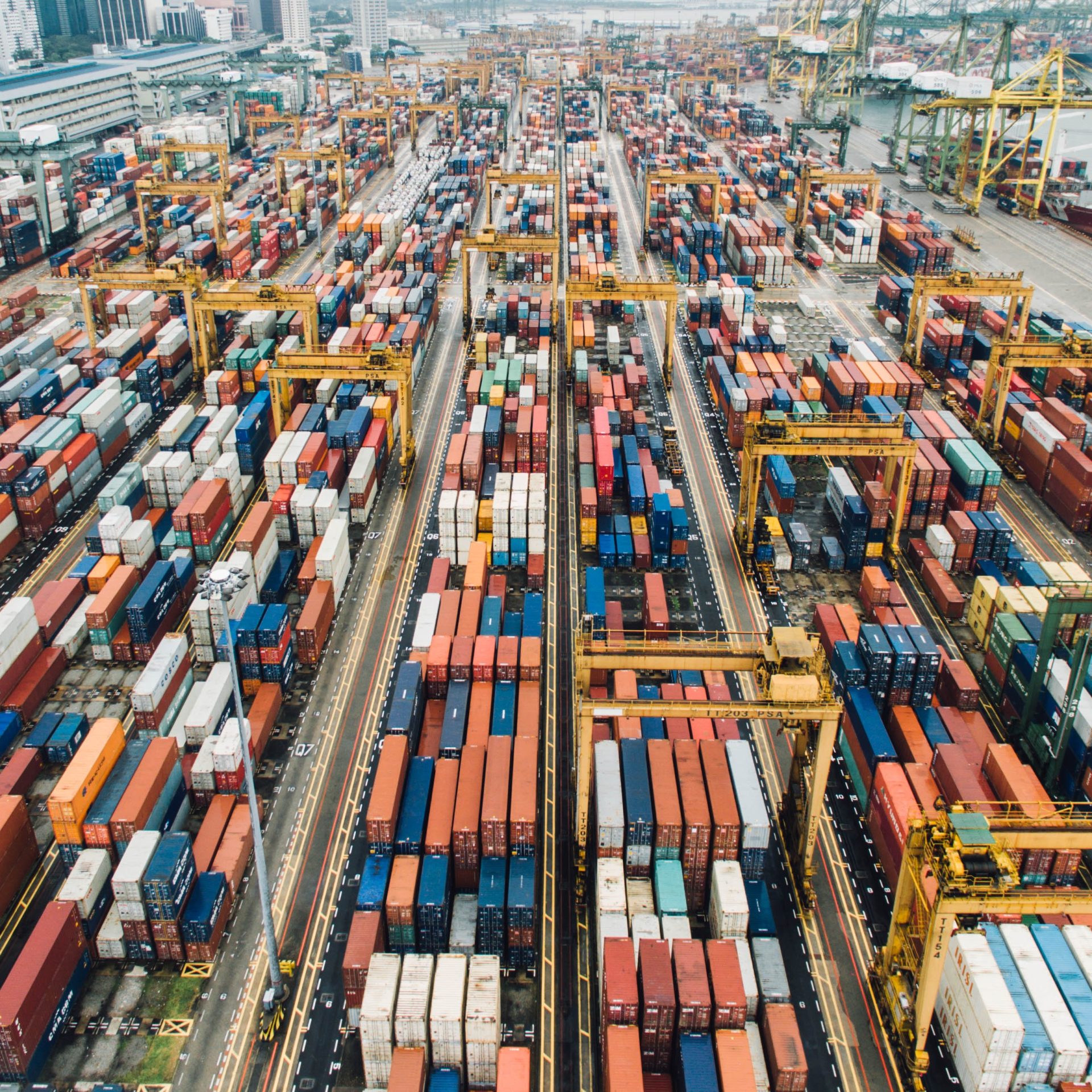The supply chain crisis has received extensive coverage in recent weeks, with images of queues at petrol stations and rumours about dwindling stock levels in supermarkets hitting the headlines.
Whilst supply issues have arguably been in public consciousness for some time, particularly in relation to the ongoing uncertainties surrounding Brexit, the last few weeks represent the first time that many consumers have come into direct contact with shortages. Combined with the impact of increasing energy prices, the cost of living is rising fast.
Those with international operations are slightly more pessimistic than their domestic counterparts, with more than one in five suggesting that supply chain issues are likely to be a significant challenge over the next year.
However, relatively little has been said about the impact of the supply chain crisis on UK businesses. Organisations are likely to not only feel the pinch themselves, but then transfer these costs onto other businesses or consumers that they supply, leading to a chain reaction of delays and costs.
We surveyed C.1000 UK businesses of varying sizes and industries as part of Savanta’s UK Business tracker. The results indicated that supply chain issues are currently the 5th most common challenge that businesses are facing, with 20% of SMEs currently affected, compared to just 12% back in July. The situation is particularly acute for the retail/wholesale and industrial sectors, with 32% and 31% respectively experiencing supply chain issues. For the industrial sector, it’s currently the most common challenge faced.
A significant contributor to supply issues is the ongoing uncertainty around Brexit, with particular sectors experiencing skills shortages in labour markets that have historically been served by workers from the EU. 42% of businesses surveyed said that Brexit has had a negative impact on their business so far, up from 36% back in July. Furthermore, those who have been negatively affected by Brexit are far more likely to say that they are having supply chain issues, compared to those for whom Brexit has either had no impact or a positive impact, perhaps suggesting that leaving the EU is seen as the root cause of these supply issues. In terms of solutions, businesses appear to be asking for information on trading in a post-Brexit environment, with two thirds suggesting that the Government should offer more guidance and support.
Despite these challenges (alongside emerging from the pandemic), decision-makers are relatively optimistic about the future, with over a third expecting that their own business will grow, and nearly two in five expecting that the sector they are in will expand. Furthermore, three in five are looking to expand their product and service offering, with 71% of retail and wholesale businesses looking to do this. This suggests that decision-makers are confident they will be able to develop, source and stock more products despite fears around supply.
Get in touch:
For more information about our new UK Business Tracker please download our rate card and/or get in touch with one of our business experts here.





